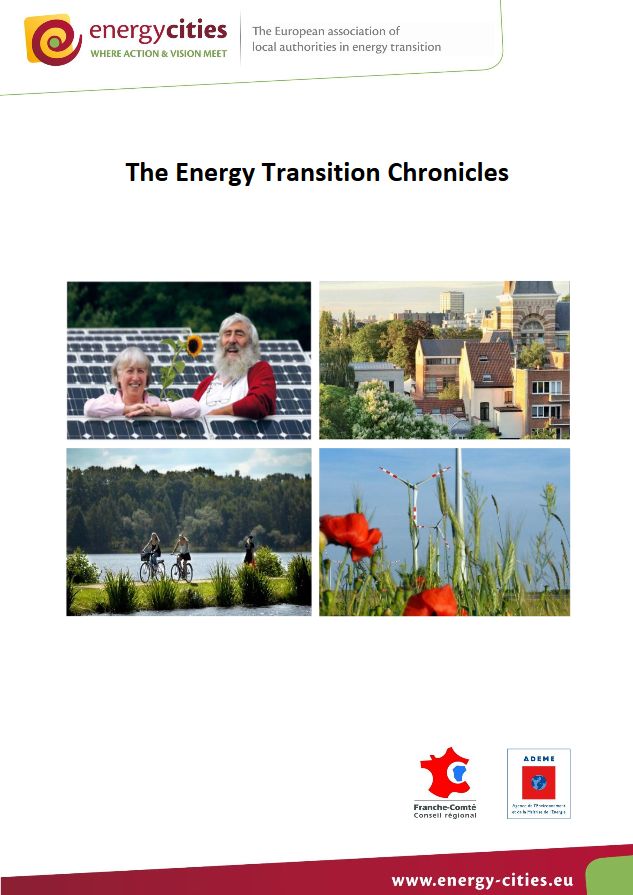Energy Cities provides local authorities with support for implementing their own energy transition process. The Proposals for the energy transition of
Cities and towns are illustrated with around a hundred of inspirational examples from all over Europe.
In this document composed of five case reports, Energy Cities goes further and tells the tale of energy transition success stories. Because it is important to show that energy transition is “possible”. Why, how, with whom, for what results? We interviewed local players and decision-makers to find out more
Here are their stories…
The “Energy Rebels” of Schönau (Germany)
The inhabitants of Schönau, a small town in the Black Forest in south-west Germany, demonstrate particular awareness of the energy issue. The Chernobyl disaster in 1986 transformed this awareness into a commitment: from now on, their future would be nuclear-free. A group of citizens set up the “Parents for a nuclear-free future” association, whose fun events marked it out from other antinuclear movements. A meeting with KWR, the regional monopolistic electricity company which owned the grid, came to an abrupt end as the company showed little interest in the environmental ambitions and concerns of the community organisation. The association was seeking an alternative solution, but the town was divided on the issue of the feasibility of generating and distributing its own electricity. The association decided to become an electricity supplier by setting up an energy cooperative(EWS) and learned the business with the support of experts. The path they followed proved to be full of pitfalls and it took ten years and two citizens’ initiative referendums for the Schönau town council to grant the association the concession. The community electricity cooperative EWS became the first power operator to supply 100% renewable electricity in Germany, supplying the local grid at first and then the whole country after the electricity market was opened up in 1998.

